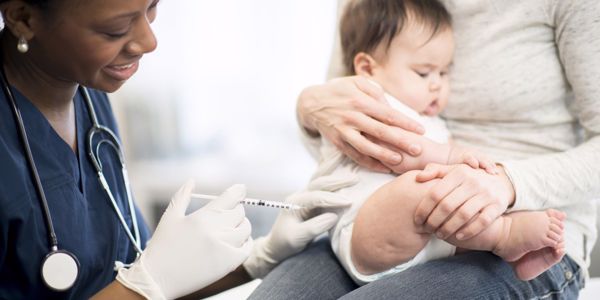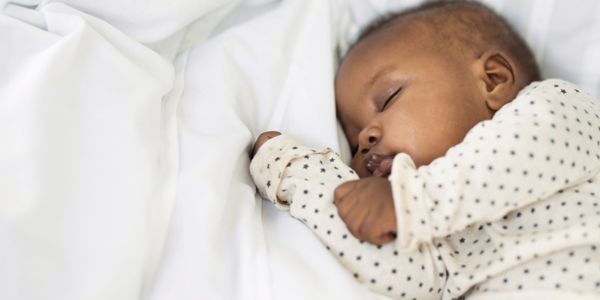I was unlucky as a child, and I contracted chickenpox twice! After teething, it was the one thing I was dreading facing as a parent. We were lucky at first, and despite getting letters from the nursery advising us that chickenpox was doing the rounds, we seemed to dodge it each time. Then one morning, Henry woke up with a few spots that seemed to multiply before my eyes and eventually he was covered from head to toe.
Chickenpox is a highly contagious infection that causes blister-like spots that are often itchy across the body. Some people only get a few spots, while others can be covered entirely. Other symptoms include fever, aches, pains and generally feeling unwell. It's essential to avoid contact with others to prevent them from spreading, which is particularly crucial for people with compromised immune systems. Some children get chickenpox and suffer from only a few minor symptoms, while others can struggle horrendously.
The reality is that almost every child will get chickenpox at some point in their life. Unless you plan on keeping them in an isolation bubble, it's something you will have to deal with. I found a few things that really seemed to get us through the worst, so I hope they will help you too!
Loose Clothing
Loose cotton clothing helps keep little ones cool and allows air to circulate and get to the skin, which can help promote healing. Tight clothes can cause irritation to spots which only encourages scratching.
Fluid Intake
Keeping hydrated is vital to help the body fight, so offer fluids regularly. Sometimes getting children to swallow anything is hard when they have chickenpox – especially if spots are formed on the roof of the mouth. We found ice lollies offered relief from irritation while also keeping up the fluid intake!
Lukewarm Baths
Henry found being in the bath really helped. If he started to feel particularly irritated, I ran some lukewarm water, and he soon felt relief. Adding oats to the bathtub can also help relieve itching. I filled the end of an old pair of tights and then tied them at the top. This stopped the oats from going everywhere and clogging up the drains!
Antihistamines
A pharmacist can help advise on antihistamine medication like Piriton, which can help ease the itching symptoms. They are often available in a liquid form for children, so they are easy to administer.
Pain Relief
Henry struggled with a fever which really made him feel grim. I gave him children's paracetamol as directed by the bottle which helped, but it is NOT recommended that children with chickenpox are given ibuprofen, so we avoided that!
Keep Them Busy
The best tip I can give you is to keep your little ones busy and distracted as much as possible. When Henry had time to think he would focus on how itchy he felt or how his body was aching. We played lots of board games and watched loads of films that helped keep his focus off the pox!
Although the best way to treat chickenpox is to tackle each symptom and allow the body to fight the infection always seek medical advice if you are unsure. In the UK, you can call 111 or speak to a pharmacist for advice. If you are going to go to a GP surgery always inform the receptionist that you suspect it may be chickenpox first.







